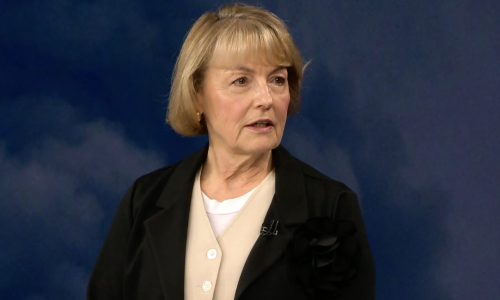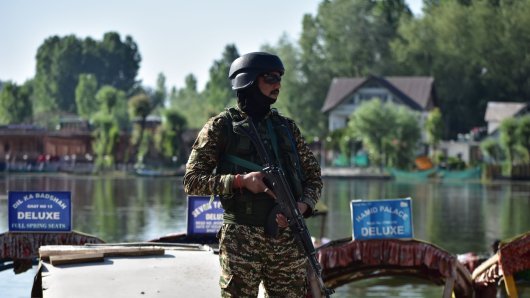Slovenian Foreign Minister Karl Erjavec said on Thursday that arbitration was not the way to resolve the Ljubljanska Banka issue, indicating the possibility of resolving the dispute by settling the bank's balance.
"I think there's no time for arbitration, because if we go to arbitration it will have to be approved by both governments and ratified by the parliaments. It's better to ratify the accession treaty than go to arbitration," Erjavec told a press conference in Brussels after a meeting of EU foreign ministers.
Erjavec noted that a concrete solution to the problem was being sought and not a way of solving it. "We are negotiating about a concrete solution. It's misinformation that we are discussing a way of solving the issue," he said, adding that the two governments were trying to find a solution before the end of next month.
Erjavec mentioned settlement as a possible alternative solution. "I'm confident that we can find a solution in settlement, which can be an alternative solution, because Croatia keeps saying that it will withdraw its powers of attorney for the lawsuits against Ljubljanska Banka if an alternative solution to the dispute is found."
When asked to explain what he meant by settlement, the minister said: "We're talking about the balance of Ljubljanska Banka and its balance must be settled. We cannot talk only about the liabilities, but also about the assets and we must look at the figures. I am a politician and I will see to it that a solution is politically acceptable, while the experts need to present legal facts and facts about the bank's balance."
Slovenian media reports say that Ljubljanska Banka's claims from Croatian companies are bigger than Croatian citizens' savings deposits in the now defunct bank.
Erjavec met with Croatian Foreign Minister Vesna Pusic in Brussels on Wednesday evening to discuss the Ljubljanska Banka issue and the timely ratification of Croatia's EU accession treaty by the Slovenian parliament. Both ministers said after the two-hour meeting that they were close to resolving the dispute and that it was possible to find a solution in the course of February.
The meeting took place on Erjavec's initiative, who said that there had been no pressure, either from Brussels or from Washington, for such an initiative.
Erjavec said that he could not guarantee that the Slovenian parliament would ratify the Croatian treaty in time if a solution to the Ljubljanska Banka issue was not found in February, given the current political crisis in Slovenia. He reiterated that the Ljubljanska Banka issue should be dealt with as an issue of succession to the former Yugoslavia.




































